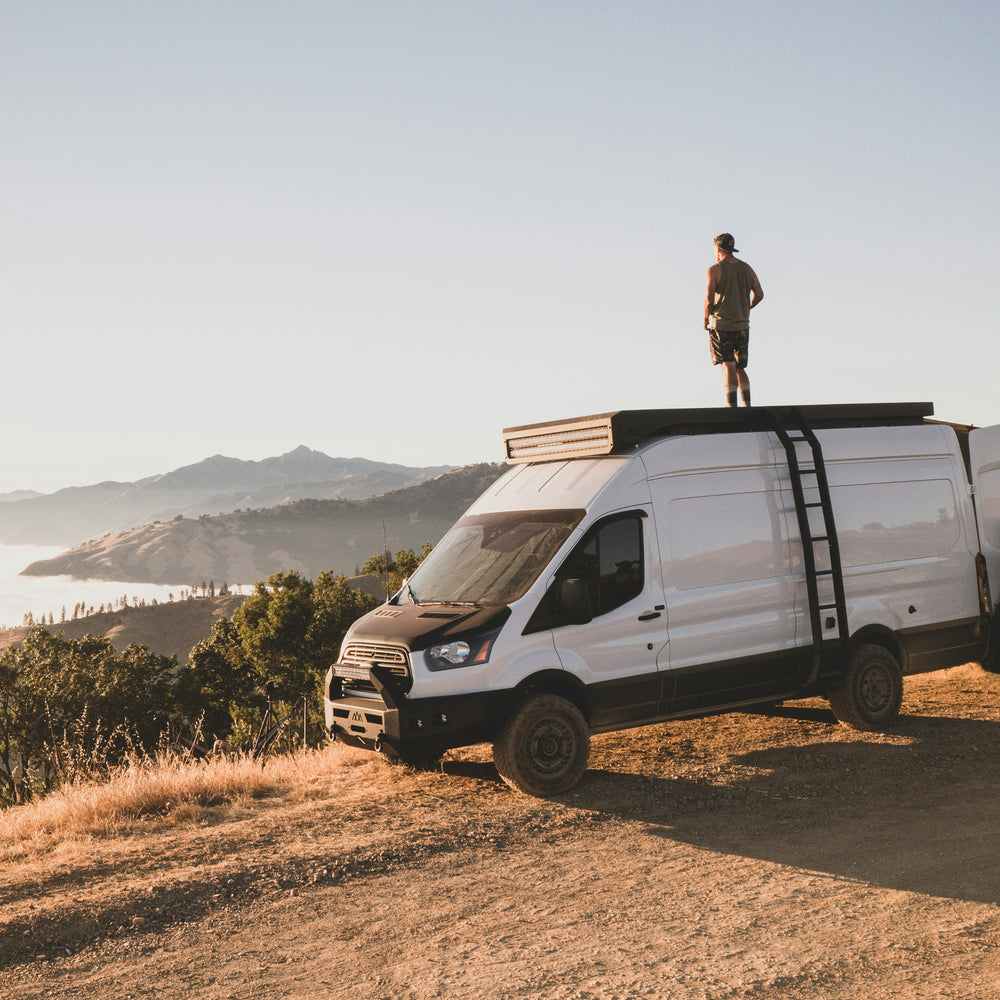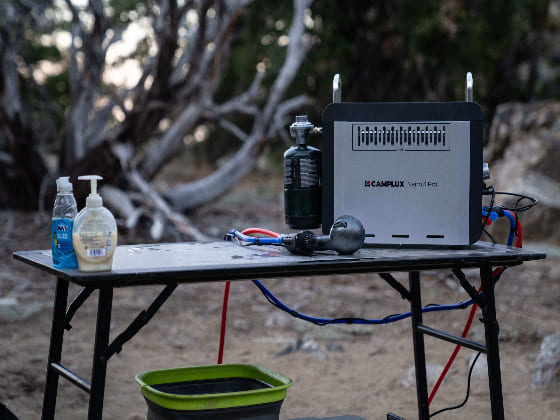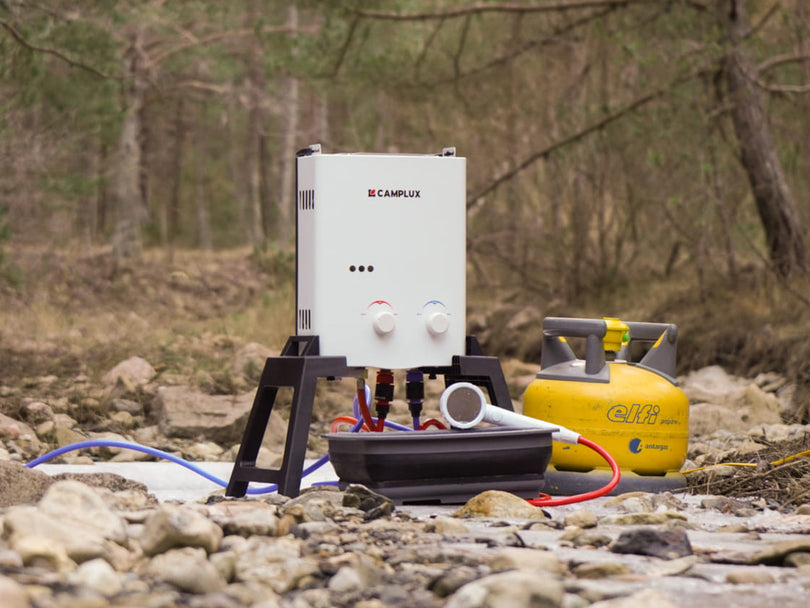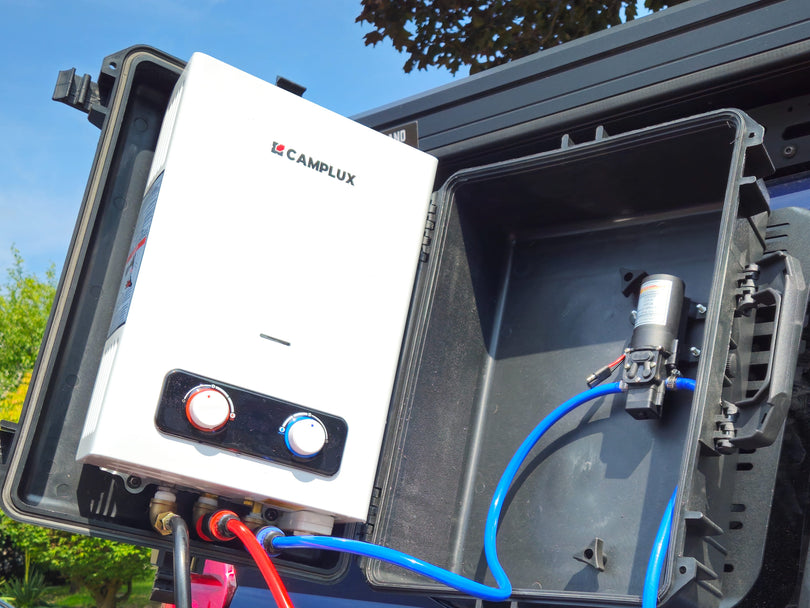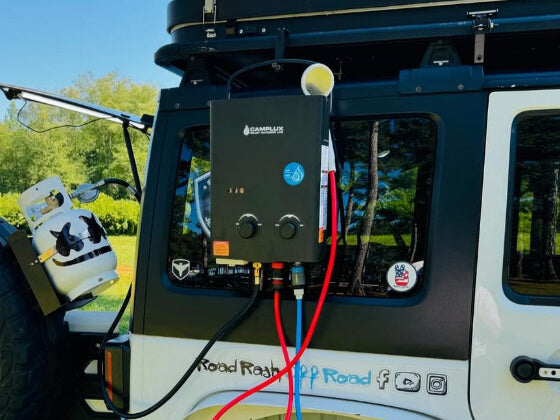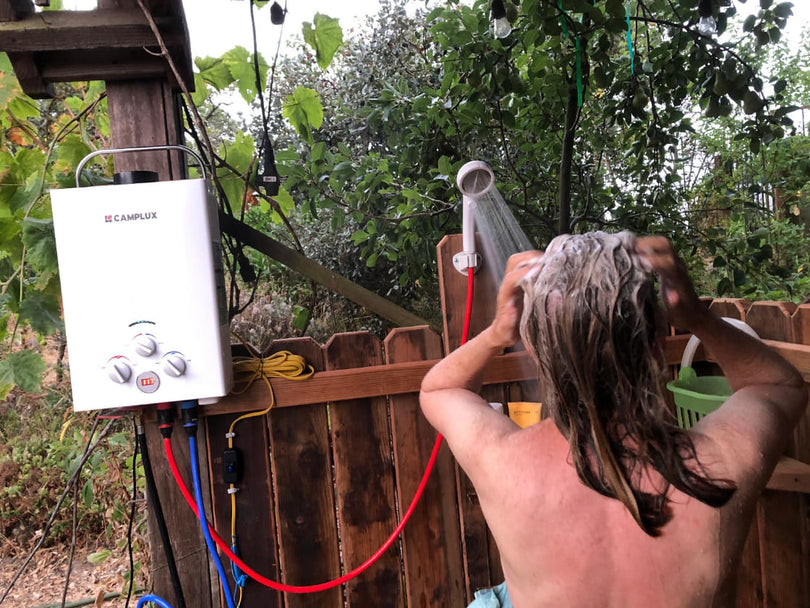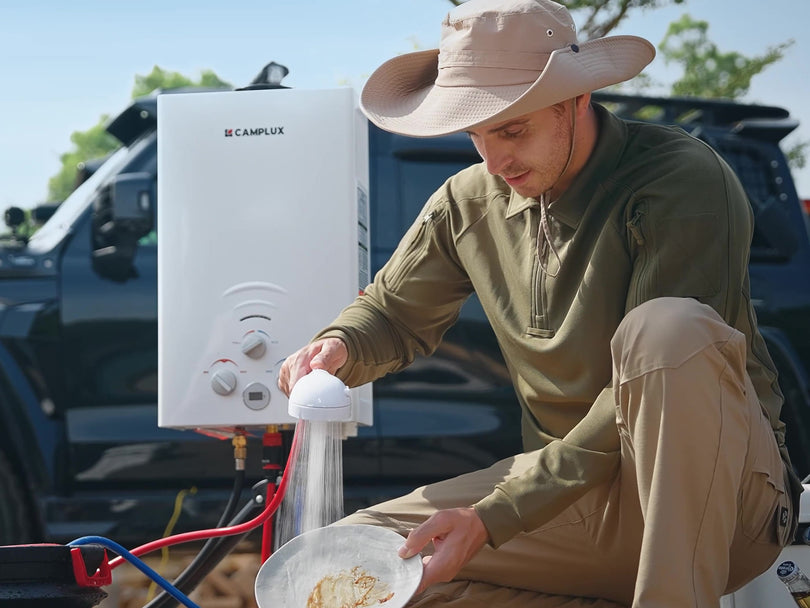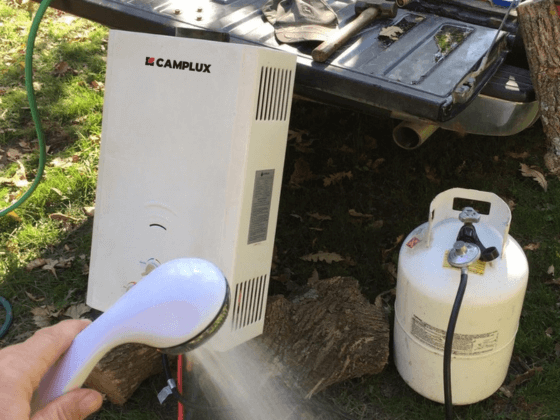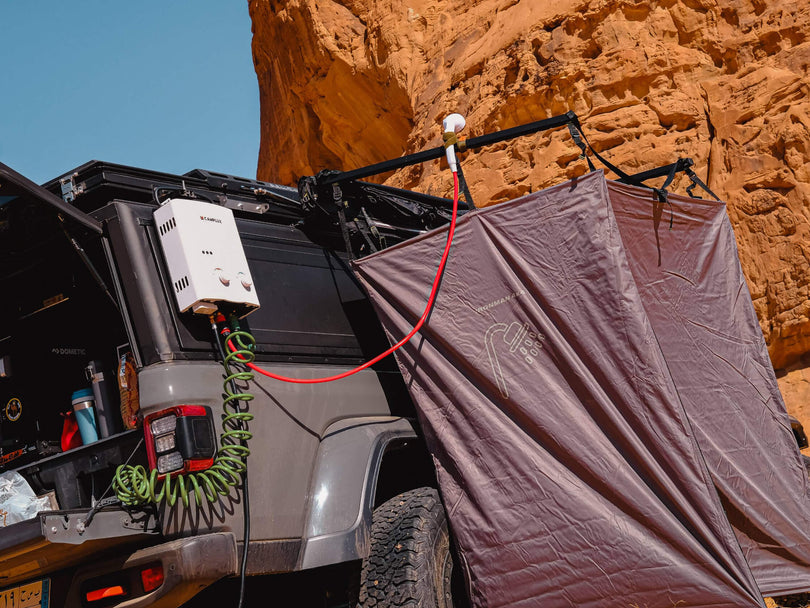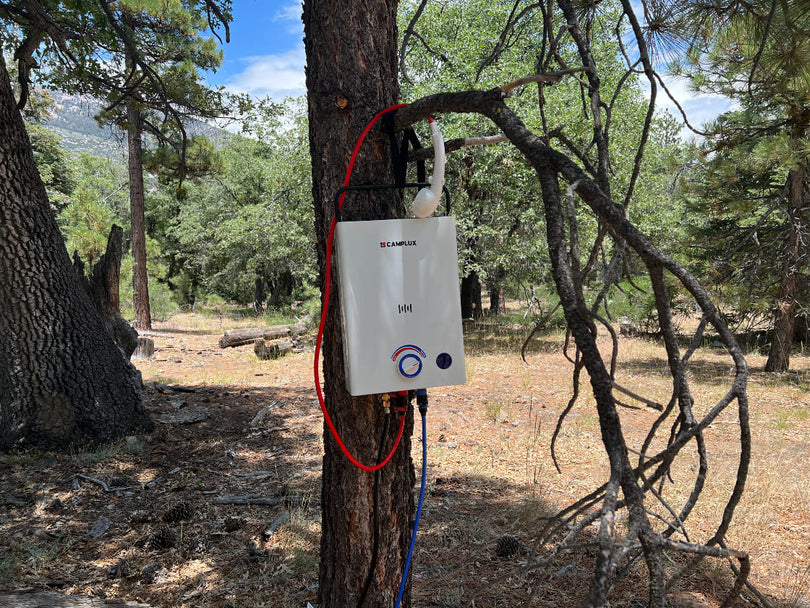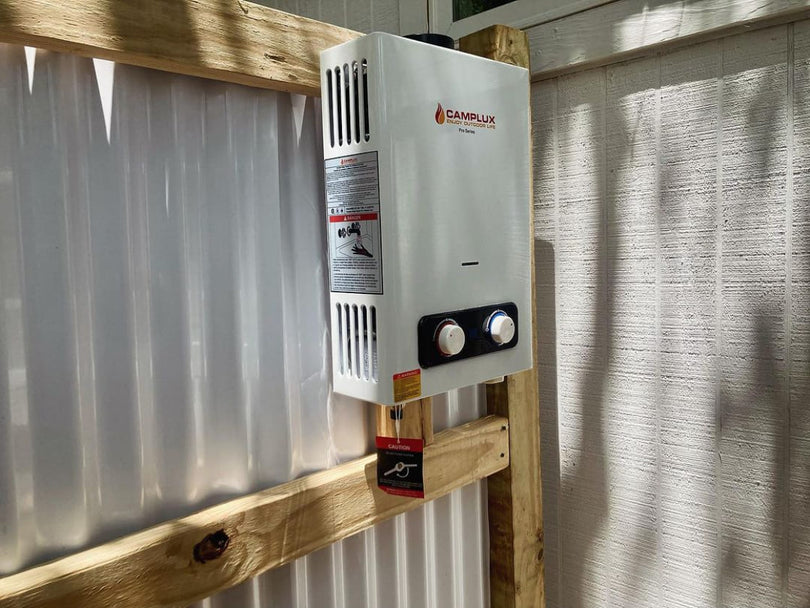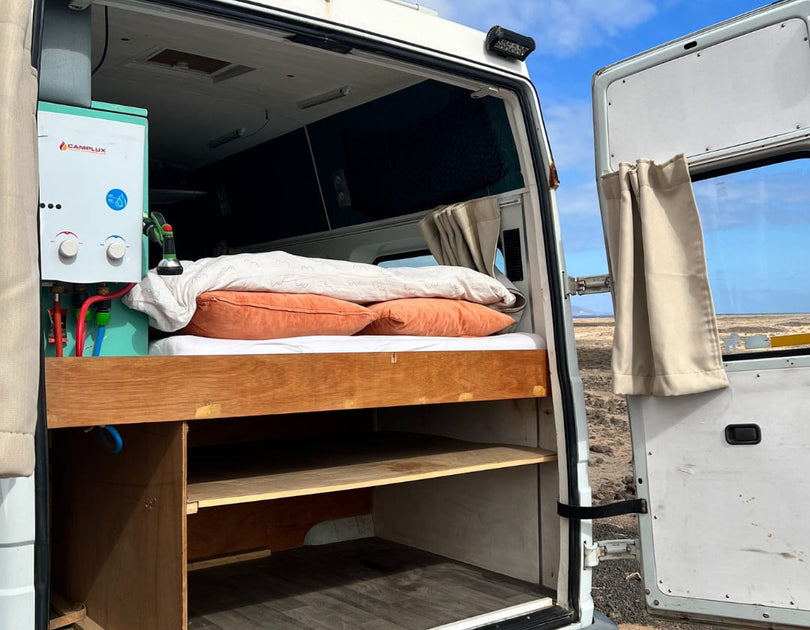The UK offers an incredible tapestry of outdoor experiences for camping enthusiasts. From the serene lochs of Scotland to the majestic peaks of Wales, there is a multitude of spots perfect for pitching a tent and immersing oneself in nature. This article delves into the essence of camping in the UK, covering everything from selecting the ideal campsite to navigating the unpredictable British weather. It also explores the culinary adventures that await at the campsite, the range of accommodations available for every type of camper, and the skills needed to navigate the great outdoors. Lastly, it uncovers the vibrant nightlife of campsites, where the day's end brings about a different kind of wilderness experience.
Key Takeaways
- The UK's diverse landscapes offer a wide range of camping experiences, suitable for families, adventure seekers, and those requiring accessible facilities.
- Choosing the right campsite is crucial and can range from remote wild camping spots to luxurious glamping sites with modern amenities.
- Being prepared for the Great British weather is essential for a comfortable camping experience, with quick-drying gear and waterproof shelters as top priorities.
- Campsite cooking can be a delightful experience, with opportunities for campfire cooking and foraging, but always have a backup snack pack for rainy days.
- Navigating the outdoors safely requires basic skills in map reading and understanding campsite etiquette, ensuring a memorable and respectful adventure.
Pitching Tents and Dodging Raindrops: The UK's Camping Charms

Choosing the Perfect Spot: From Lochs to Peaks
When it comes to camping in the UK, the mantra 'location, location, location' takes on a whole new meaning. Choosing the perfect spot is an art form, akin to selecting the ripest avocado from the supermarket pile. It's a delicate balance between finding that picturesque view and ensuring you're not on a 30-degree slope when you hit the hay.
- Glenmore Campsite
- Rothiemurchus Camp & Caravan Site
- Oakwood Caravan & Camping Park
- Braemar Caravan Park
These are just a few of the gems nestled in the Cairngorms, each offering a unique embrace of the great outdoors. But let's not forget the other contenders across the UK, from the mystical Fairy Pools of Skye to the towering heights of Snowdon and Scafell Pike.
Remember, the best campsites are more than just a patch of grass; they're the starting point for your next grand adventure.
So, whether you're a wild camper at heart or someone who needs a few home comforts, the UK has a spot with your name on it. Just make sure to book early, as the best spots tend to disappear faster than biscuits at a tea party.
The Great British Weather: A Camper's Guide to Staying Dry (ish)
Ah, the Great British weather, where the forecast is more of a light suggestion and you're as likely to experience four seasons in a day as you are to find a decent cup of tea at a motorway service station. Expect the unexpected and embrace the unpredictability with a few tips to keep you dry-ish on your camping adventure.
- Invest in a good tent: Waterproof ratings are your new best friend. Look for a tent with a hydrostatic head of at least 3000mm.
- Tarps are tops: A well-placed tarp can save your bacon, providing an extra layer of rain protection or a dry spot for muddy boots.
- Pack smart: Waterproof bags within your backpack are like nesting dolls of dryness. Your socks will thank you.
Remember, there's no such thing as bad weather, only unsuitable clothing. So layer up, pack your waterproofs, and you might just come out the other side with fewer soggy memories.
And when all else fails, a sense of humor is the most waterproof item you can pack. After all, a little rain never hurt anyone—though the same can't be said for a poorly pitched tent in a downpour!
Family Tents: Palaces or Puzzles?
When it comes to family camping, the tent is your castle, your haven from the elements, and occasionally, your own personal Rubik's Cube. Choosing the right family tent can be the difference between a regal retreat and a canvas conundrum. But fear not, for even the most palatial of tents can be tamed with a little know-how.
Remember, the size of your tent doesn't just dictate the number of people it sleeps; it's also a measure of how much sanity you'll retain while trying to erect it. The larger the tent, the more complex the puzzle - but also, the grander the palace.
And when the skies open up, as they often do, you'll want to be snug and dry in a tent that doesn't turn into a water feature. Here's a snippet of wisdom from the web: 'Best family tents for camping: at a glance; Outwell Airville 6SA tent; Easy Camp Palmdale 600 Lux tent; Robens...'. These names are not just a random string of words; they are the incantations you'll need to summon the perfect camping experience.
Gourmet or Burnt Sausages: Campsite Culinary Adventures

Campfire Cooking: Mastering the Art of Charcoal Cuisine
When it comes to campfire cooking, the uninitiated might envision a simple sausage on a stick, but true outdoor chefs know the dance of the flames is more akin to a tango than a two-step. It's about embracing the sizzle, the smoke, and the occasional eyebrow-singeing flare-up.
Here's a quick rundown of the essential gear you'll need to transform from campsite cook to charcoal connoisseur:
- Cookers: From single burner stoves for the soloist to double burner stoves for the family feast.
- Cooker Brands: Whether you're a Camplux aficionado or an Outwell enthusiast, brand loyalty is as common as burnt toast.
- Cooking Accessories: Don't forget your cooksets, kettles, and the all-important collapsible range for when you need to pack up in a hurry.
Remember, campfire cooking isn't just about the food; it's about the experience. No expectation or judgement, just good food and friendly chat.
And for those who dare to delve deeper into the culinary arts, consider the 'Camp Dutch Oven Cookbook: Easy 5-Ingredient Recipes to Eat ...' as your sacred text. This tome takes the guesswork out of cast iron cooking and introduces you to a world where your coals count for more than just warmth.
The Essential Snack Pack: What to Munch When the Rain Won't Stop
When the heavens open and your hiking boots are squelching, there's nothing quite like a well-stocked snack pack to lift the spirits. Forget the soggy sandwiches, it's time to talk serious snack strategy.
Firstly, let's address the cheese situation. While a fine cheddar might seem like a good idea, after a day in your pack, it'll be more like a science experiment gone wrong. Opt for hard cheeses that can withstand a bit of warmth, or if you're feeling adventurous (or desperate), squeezy cheese can last a few days, even if it does make your taste buds question your life choices.
Remember, the key to a happy camper is a variety of snacks that don't turn into mush at the first sign of a drizzle.
Here's a quick rundown of rainproof munchies:
- Trail mix: A classic, with a good balance of nuts, dried fruit, and chocolate bits.
- Energy bars: Compact and less likely to crumble under pressure.
- Jerky: Meaty goodness that's practically invincible.
- Crackers: Pair with your squeezy cheese for a gourmet moment.
- Fresh fruit: Apples and pears are sturdy, but bananas are a bruise waiting to happen.
So, pack smart and you'll be the envy of every damp hiker with their packet of squashed crisps and a forlorn look.
Wild Dining: Foraging for Your Five-a-Day
Venturing into the wild with the intent to snack directly from nature's pantry can be an exhilarating experience. But before you start stuffing your pockets with berries and nuts, remember that foraging comes with its own set of rules. In the UK, you can't just waltz onto someone's land and declare it a free-for-all buffet. Under the Section 4 (Property) of the Theft Act (1968), it's considered theft to pick wild food from private land without the owner's permission. So, unless you fancy a chat with the local constabulary, stick to public lands or get explicit consent.
While foraging, it's crucial to know what you're picking. Many plants and fungi have doppelgangers that are less 'delicious treat' and more 'trip to the emergency room'.
To help you on your foraging quest, here's a quick list of common edible delights you might encounter, along with their sneaky look-alikes:
- Edible: Wild garlic (Allium ursinum) - Look for broad, lance-shaped leaves and a distinct garlic smell.
- Look-alike: Lily of the valley (Convallaria majalis) - Similar leaves but highly toxic!
- Edible: Blackberries (Rubus fruticosus) - Plump, black berries when ripe.
- Look-alike: Blackthorn (Prunus spinosa) - Smaller, rounder, and not nearly as tasty.
- Edible: Stinging nettles (Urtica dioica) - Yes, they sting, but they're great in soup!
- Look-alike: Deadnettles (Lamium) - No sting, but also less flavor.
Remember, foraging is about sustainability. Take only what you need and leave plenty for wildlife and fellow foragers. Happy hunting!
From Glamping to Tramping: Accommodations for Every Walker

Glamping Glamour: When Camping Meets Chandeliers
Imagine stepping into a tent to be greeted not by a sleeping bag, but by a plush double bed, complete with a chandelier swinging gently above. This is glamping, where the great outdoors meets unabashed luxury. Forget roughing it; this is about buffing it to a high shine.
- Wigwams with foam mattresses, heating, and even a fridge and microwave.
- The Castle Pods: an adult-only haven with hot tubs and a private patio.
- En-suite facilities, because who really enjoys a midnight dash in the dark?
In the realm of glamping, the line between camping and a 5-star hotel becomes delightfully blurred. Here, the wild call of a bird might just be your morning alarm, and the rustle of leaves, a lullaby.
For those who've never considered camping because of its 'rustic' nature, glamping is the gateway to the great outdoors. It's camping without the compromise, comfort without the conventional. So, pack your bags (and maybe a silk robe), and prepare to experience the wilderness with a touch of whimsy.
The Wild Camper's Checklist: Surviving with Just a Backpack
Embarking on a wild camping adventure is akin to becoming a minimalist artist; your backpack is your canvas, and every item is a stroke of genius (or a potential blunder). Any unforgettable backcountry adventure starts with a mindful backpacking checklist. It's not just about squeezing in a two-person tent and a sleeping bag; it's about the art of packing smartly to avoid the dreaded rucksack rummage.
Remember, it's not just what you pack but how you pack. Strategic placement of essentials can mean the difference between a serene sunrise and a frantic forage for your fleece.
Here's a quick rundown of what should make the cut:
- A trusty rucksack (preferably one that doesn't whisper sweet nothings to your spine)
- Sleeping mat (your back will thank you)
- Cooking equipment (unless you plan on befriending a squirrel to share nuts)
- Water bottles, mug, spoon/fork (hydration and sustenance are key)
- Evening ready-to-eat meals (because foraging isn't for everyone)
And let's not forget, wild camping is for everyone! Whether you're a seasoned explorer or a newbie to nature, the right preparation can turn a daunting endeavor into a delightful escape.
Accessible Adventures: Wheelchair-Friendly Wonders in the Wild
The UK's great outdoors isn't just for the fleet of foot; it's a playground for wheels too! From serene national parks to adrenaline-pumping adventure parks, the UK is rolling out the green carpet for wheelchair users. Imagine zipping through the treetops or rolling down a well-paved path in the Peak District, with every member of the family soaking up the joy of nature together.
Accessibility isn't a buzzword here; it's the ticket to freedom and fun in the wild. And let's face it, who wouldn't want to race their family members on a wheelchair-friendly zip line?
For those seeking a quaint village vibe or a cheeky pint at the local pub, the best campsites for wheelchair accessibility are just a stone's throw away. With safe and easy access to local amenities, these sites ensure that your outdoor experience doesn't end at the tent flap.
- Adventure Parks: Get your heart racing with wheelchair-friendly zip lines and sensory trails.
- Heritage Sites: Roll back in time with accessible paths through historical treasures.
- National Parks and Gardens: Breathe in the beauty with rentable mobility scooters and accessible facilities.
- Accessible Beaches: Feel the sand beneath your wheels at beaches that welcome everyone.
Remember, the wild is for everyone, and with a bit of planning, there's no trail too rugged, no view too remote, and certainly no adventure too daring!
Navigating Nature: Not All Those Who Wander Are Lost (But Some Are)

Map Reading for Dummies: And Why GPS Might Save Your Marriage
Let's face it, the romantic notion of map reading by the flickering light of a campfire is often less 'Out of Africa' and more 'Shout at your partner'. Boldly venturing into the wilderness with nothing but a paper map and a compass can be the ultimate test of a relationship. But fear not, modern technology is here to save the day (and possibly your marriage) with the trusty GPS.
- Learn basic map-reading: Start your adventure with a solid foundation in traditional navigation.
- Embrace technology: A GPS can provide peace of mind and prevent marital spats.
- Plan your route: Whether it's a wild camp or a guided hike, know where you're going.
- Check the weather: The UK's climate is fickle; be prepared for sudden changes.
Remember, the goal is to enjoy the journey together, not just to reach the destination. A GPS can help keep the peace when the path gets murky.
While some purists may scoff at the idea of GPS over good old-fashioned orienteering, the benefits are undeniable. It's about finding the right balance between being prepared and being adaptable. After all, isn't that what marriage is all about?
Trail Blazing or Trail Clueless: Finding Your Way Without Bread Crumbs
So, you've decided to strap on your backpack, leave behind the noise of the modern world, and embark on a journey of self-discovery. But before you morph into Bear Grylls, remember that the wild is less forgiving to the unprepared.
Navigating the great outdoors is an art form, one that doesn't necessarily require a trail of bread crumbs (unless you're planning to feed the local wildlife). Here's a quick list to ensure you're more trailblazer than trail clueless:
- Map Reading 101: Don't just rely on your smartphone; it might decide to take a nap at the most inopportune moment.
- Compass Mastery: It's not just a fancy paperweight. Learn to use it, or risk walking in circles.
- Landmark Identification: Trees are not just trees. They're signposts, if you know what to look for.
- Pacing Techniques: Counting steps isn't just for dance class. It can save you from overshooting your campsite.
Remember, the goal is to enjoy the journey without becoming the subject of a search and rescue mission. So, brush up on those navigation skills unless you fancy a helicopter ride with a hefty bill.
And if all else fails, there's always the tried-and-true method of following the person in front of you – just make sure they're not as lost as you are!
The Art of Not Panicking When You See a Cow
It's a rite of passage for the outdoor enthusiast: the moment you lock eyes with a bovine behemoth and your heart skips a beat. Remember, cows are more scared of you than you are of them. But just in case you find yourself in a staring contest with a cow on your next hike, here's a quick survival guide:
- Stay calm: Take a deep breath and resist the urge to sprint. Cows are curious, not carnivorous.
- Avoid sudden movements: Move slowly and give the cow space to mosey away.
- Be cow-aware: Keep an eye on the herd and look for escape routes.
- Speak softly: If you must, talk in a calm and reassuring tone. Cows appreciate good conversation.
While cows generally prefer grass to campers, it's always good to know your exit strategy. After all, you're there for the views, not a hoofprint souvenir.
And remember, when you're out in the wild, embracing the solitude and reconnecting with nature, it's the unexpected encounters that often make for the best stories. Just make sure to follow the campsite rules and keep the noise down after dark - you wouldn't want to disturb the cows, would you?
The Campsite Nightlife: It's Not All Quiet After Dark

Stargazing and Satellite Spotting: The Night Sky for Novices
When the sun dips below the horizon and the campfire dwindles to glowing embers, the real show begins. Up above, a celestial dance of stars and satellites awaits those who know where to look. But fear not, you don't need a PhD in astrophysics to join in; just a bit of preparation and the right apps can unlock the wonders of the night sky.
With the right app, you can transform your smartphone into a stargazing powerhouse, guiding you through constellations, planets, and even the Milky Way from the comfort of your tent or hot tub.
Here's a quick checklist to get you started:
- Download one of the top astronomy apps (like the ones that help you photograph the night sky).
- Ensure your phone is fully charged – you wouldn't want it to die just as you're zooming in on Saturn's rings.
- Familiarize yourself with the basics of the night sky; know your North Star from your nebulae.
- If you're in a Dark Sky Park, like Northumberland National Park, take advantage of the exceptional clarity and minimal light pollution.
Remember, stargazing is not just about identifying celestial bodies; it's about the experience. So, grab a blanket, lie back, and let the universe surprise you. Just make sure to keep an eye out for shooting stars – they're the universe's way of reminding you to keep your wishes ready.
Ghost Stories and Marshmallows: Spooking the Kids (Responsibly)
When the sun dips below the horizon and the campfire crackles to life, it's the perfect time to lean in for some spine-tingling tales. But remember, the goal is to spook the kids just enough to make them cling to their sleeping bags, not send them sprinting for the car.
The art of a good ghost story is in the suspense, not the scare. Keep it creepy, but family-friendly.
Here's a quick guide to ensure you hit the right notes:
- Start with a local legend or a tale from 'Scary Short Stories for Teens Book 1' to set the mood.
- Use the flickering shadows to your advantage, but avoid any real-life frights.
- Keep the stories short; attention spans can be as fleeting as the ghosts you're describing.
- Wrap up with a comforting round of hot chocolate and maybe a less-terrifying bedtime story.
Remember, the aim is to create memories that last a lifetime, not nightmares that last for weeks!
The Unspoken Rules of Campsite Etiquette: Ssshh, Lights Out!
When the sun dips below the horizon and the campfire dwindles to a smolder, a hush falls over the campsite. It's the unspoken hour when the day's chatter is replaced by the symphony of the night. But remember, silence is golden, especially when your neighbor is trying to dream about anything other than your snoring.
At Herding Hill Farm, the stars aren't the only things that twinkle in silence after 10:30 pm. No electronic music to disturb the peace, and even Fido needs to keep his woofs to a whisper.
While you might be tempted to continue the party under the stars, consider this a gentle nudge to embrace the tranquility. Here's a quick rundown of do's and don'ts to keep everyone's night serene:
- Do whisper sweet nothings to the owls.
- Don't let your tent become a nightclub.
- Do let the crackle of the fire be the hottest track of the night.
- Don't forget that your flashlight is not a spotlight for shadow puppet theatre.
And for those in campervans, a word to the wise: camper stops are not for camping extravaganzas. Keep the awnings retracted and the camping tables stowed. After all, the biggest thing to remember is that camper stops are not for camping.
As the stars twinkle above, the campsite comes alive with the soft glow of lanterns and the murmur of nature's nocturne. But who says you have to sacrifice comfort for the authentic outdoor experience? At Camplux, we ensure that your nights under the open sky are as cozy as they are adventurous. Don't let the chill of the night dampen your spirits; explore our range of portable gas water heaters and camping stoves designed to bring warmth and convenience to your campsite. Ready to elevate your camping experience? Visit our website and discover the perfect outdoor companion for your next nocturnal adventure!
Conclusion: The Wild and Wacky World of UK Camping
And there you have it, folks! A cheeky peek into the tent-flapping, marshmallow-toasting, 'is-that-a-badger-or-my-snoring-uncle' world of camping in the UK. Whether you've wrestled with a pop-up tent in the Lake District or chased your runaway camping chair across a Cornish cliff, you know that British camping is as unpredictable as a game of weather roulette. So pack your sense of adventure (and a waterproof onesie, just in case) and dive into the great outdoors. Remember, in the UK, the only thing more varied than the landscapes are the accents you'll hear complaining about the rain. Happy camping!
Frequently Asked Questions
What are some wheelchair-friendly camping spots in the UK?
The UK offers several accessible camping spots for individuals using wheelchairs or mobility scooters, such as flat, well-paved sites in the Lake District, and the accessible trails and facilities in the Cairngorms National Park.
Can you recommend any outdoor activities suitable for all levels of mobility?
Yes, there are many activities that cater to all mobility levels, including gentle hikes with basic map-reading, wild camping with guidance on setting up camp, and enjoying nature through wildlife watching and stargazing.
What should I pack for a camping trip in the UK?
Essentials for camping in the UK include a waterproof tent, sleeping bag, suitable clothing for variable weather, a detailed kit list, cooking equipment, and navigation tools like maps or GPS devices.
Are there any camping etiquette tips I should know about?
Yes, it's important to respect campsite quiet hours, maintain cleanliness by disposing of waste properly, keep a safe distance from wildlife, and be considerate of other campers' space and privacy.
What are some tips for campfire cooking in unpredictable British weather?
Protect your cooking area with a windbreak, keep ingredients simple and pre-prepared, use a reliable camping stove if open fires are not allowed, and always have a backup plan like ready-to-eat snacks.
How can I make sure my family tent is easy to set up?
Choose a tent with straightforward instructions, practice setting it up at home before your trip, and ensure all family members are familiar with the process to make it a fun and efficient activity.
